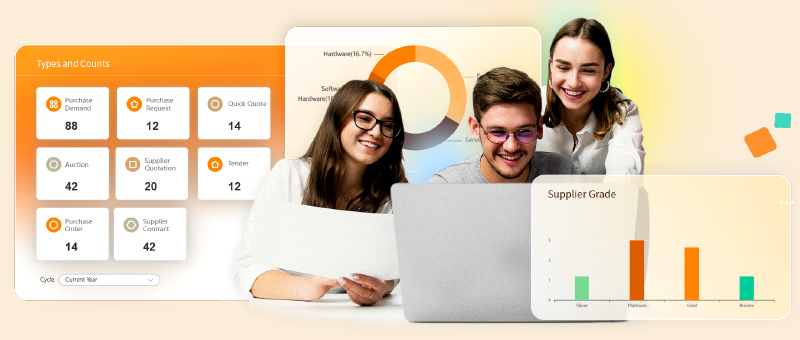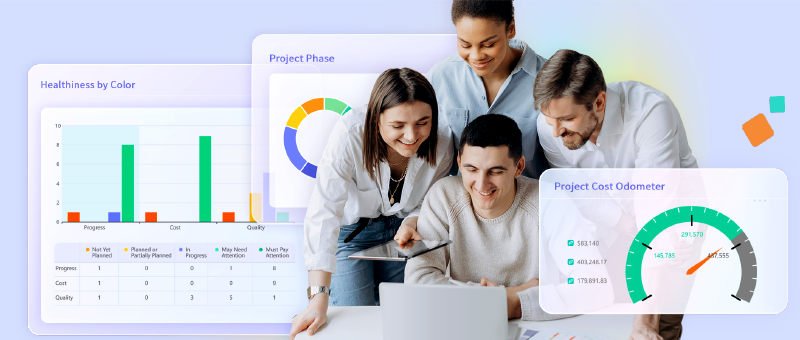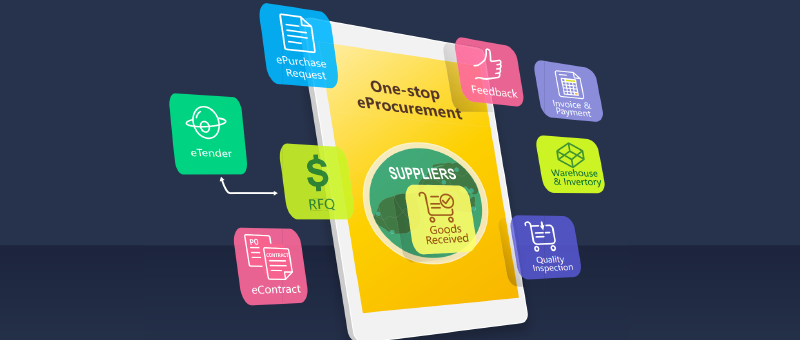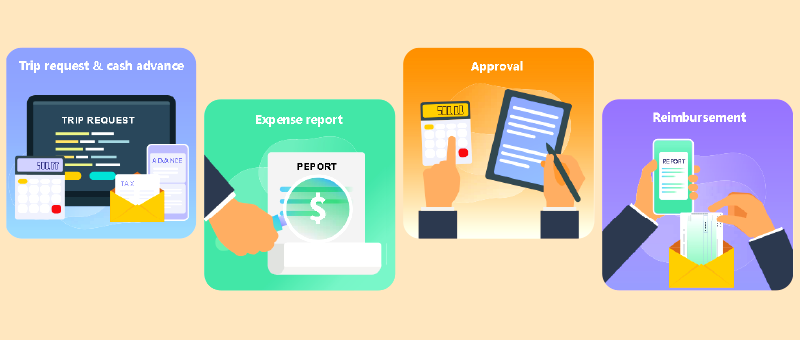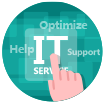Special News
What is a Supplier Management System?
2024-11-13
In modern enterprise supply chain management, the supplier management system plays a crucial role. With the complication of enterprise procurement needs and the trend of globalization, enterprises not only need to quickly find high-quality suppliers but also ensure the quality, price, and delivery capabilities of suppliers to respond to market changes. The emergence of the supplier management system has brought a new management approach to enterprises, helping them optimize the supply chain, reduce procurement costs, and improve the overall efficiency of the business. This article will detail the functions and roles of the supplier management system and how it helps enterprises achieve more efficient supplier management.
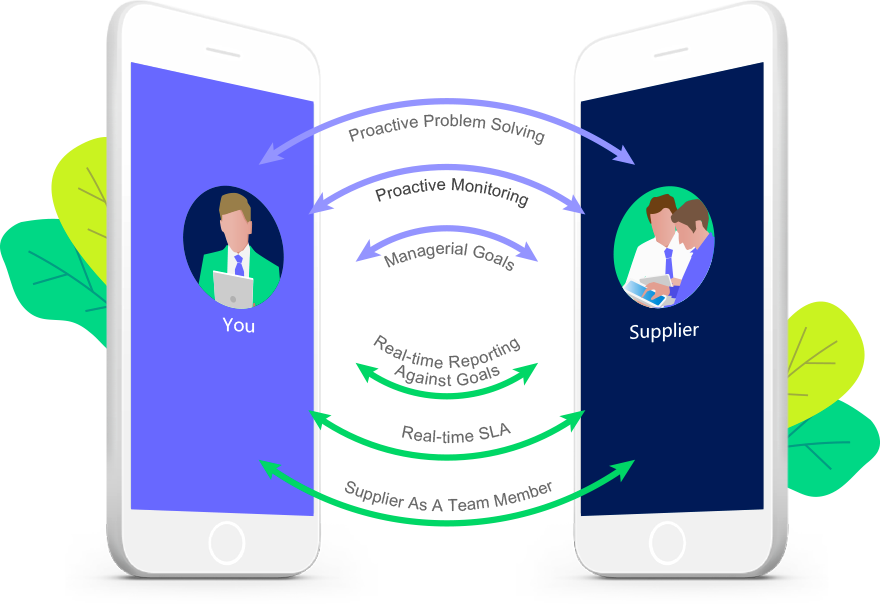
1. What is a Supplier Management System?
A Supplier Management System is a software solution used to centrally manage and optimize the cooperative relationship between an enterprise and its suppliers. Its core purpose is to help enterprises achieve more efficient supplier management during the procurement process and ensure that suppliers meet the enterprises requirements in terms of quality, delivery time, price, etc. The system usually includes management functions for a series of processes from supplier selection, evaluation, assessment, to relationship maintenance, contract management, and performance analysis. Through the supplier management system, enterprises can better achieve transparent, standardized, and data-driven management of the supply chain and effectively reduce supply chain risks.
The core functions of the supplier management system include, but are not limited to, supplier database, supplier qualification verification, supplier performance evaluation, supplier rating and classification, risk management, contract management, and procurement analysis. It can help enterprises build and maintain a stable and high-quality supplier network, provide support for enterprise production and services, and thereby enhance market competitiveness.
2. Functions of the Supplier Management System
The functions of the supplier management system are rich and diverse, covering the needs of enterprises in all aspects of supplier management. Taking the 8Manage SRM system as an example, the following are the main functions of the supplier management system:
2.1. Supplier Information Management
The supplier management system provides a centralized database for storing detailed information about suppliers. Enterprises can easily query and update supplier information through this database, including basic information, qualification certificates, contract records, historical transaction data, etc. Through the system, enterprises can grasp the latest dynamics of suppliers in real-time and provide data support for decision-making.2.2. Supplier Qualification Verification
Supplier qualification verification is an important part of supplier management. The supplier management system can help enterprises quickly verify supplier qualifications, including business licenses, product quality certifications, environmental protection certifications, etc. The system will automatically remind enterprises to conduct regular audits to ensure that supplier qualifications meet requirements and reduce supply chain risks.2.3. Supplier Performance Evaluation
To ensure the service quality of suppliers, enterprises usually need to regularly evaluate supplier performance. The supplier management system supports evaluating supplier performance through multi-dimensional indicators (such as product quality, on-time delivery rate, service response speed, etc.) and automatically generates performance reports. These data can provide a basis for enterprise procurement decisions and ensure cooperation with the best suppliers.2.4. Supplier Grading and Classification
The supplier management system usually has the function of grading and classification, which can help enterprises manage suppliers hierarchically. Enterprises can divide suppliers into different grades based on factors such as supplier performance, supply capabilities, and risk levels for targeted management and resource allocation. Through hierarchical and classification management, enterprises can more selectively choose strategic partners and support the stability of the supply chain.2.5. Supplier Risk Management
Supplier risk management is an important part of the supplier management system. The system can monitor the financial status, market performance, legal compliance, and other information of suppliers in real-time, detect potential risks in a timely manner, and provide early warning functions. The risk management function helps enterprises take measures before problems occur, reduce the risk of supply chain interruption, and improve the resilience of the supply chain.2.6. Procurement Contract Management
The supplier management system also supports contract management functions, which can record and manage all contracts signed with suppliers, including contract effective dates, expiration dates, contract amounts, terms, etc. The system can set up automatic reminders to prevent contracts from expiring or important terms from being overlooked, thereby protecting the interests of the enterprise.2.7. Procurement Data Analysis
The supplier management system can automatically collect and analyze procurement data to help enterprises identify problems and improvement opportunities in the procurement process. The data analysis function provided by the system can analyze procurement activities from multiple aspects such as procurement costs, supplier performance, and quality control, providing data support for enterprises to optimize the procurement process.
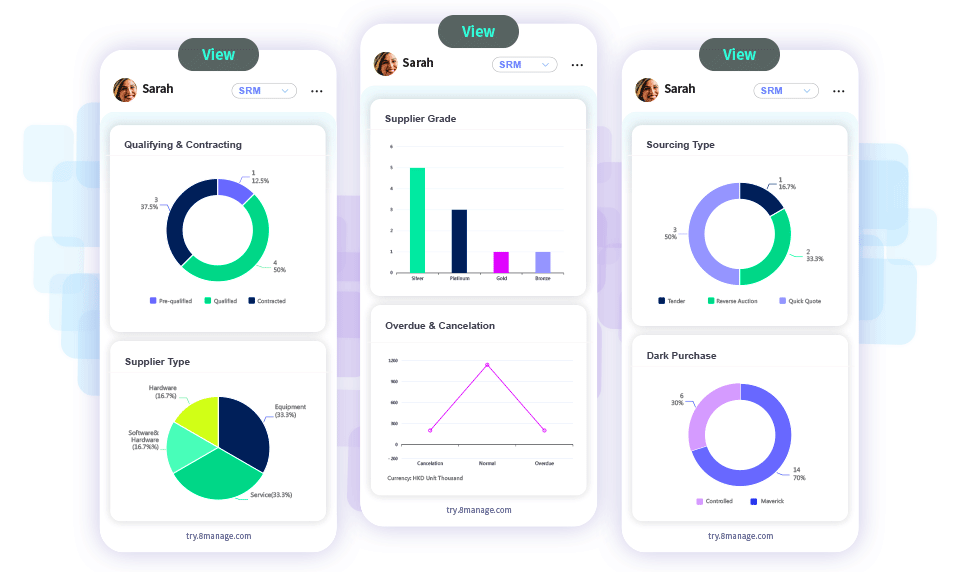
3. The Role of the Supplier Management System
3.1. Improving Management Efficiency
The supplier management system greatly simplifies the procurement process and improves management efficiency by centrally managing supplier information, qualification verification, performance evaluation, and other links. Enterprises can quickly obtain supplier information, verify qualifications, conduct performance evaluations, etc., saving a lot of manpower and time costs.3.2. Reducing Procurement Costs
The supplier management system reduces enterprise procurement costs by optimizing the procurement process. The system can help enterprises select cost-effective suppliers through centralized management of suppliers and can also reduce the additional costs caused by unqualified quality or supply chain interruptions through performance evaluation and risk management.3.3. Improving Supply Chain Transparency
Through the supplier management system, enterprises can clearly grasp the dynamics of each link in the supply chain, including supplier performance, product quality, supply cycle, etc. Transparent supply chain information can help enterprises better respond to market changes and improve the response speed of the supply chain.3.4. Enhancing Risk Prevention Capability
The risk management function provided by the supplier management system can help enterprises identify and avoid supplier risks early. The system monitors the qualifications, financial status, market performance, and other information of suppliers in real-time and provides early warning functions, allowing enterprises to take countermeasures before risks occur and ensuring the stability of the supply chain.4. How to Choose the Right Supplier Management System?
When choosing a supplier management system, enterprises should consider their own needs, budget, and the functional characteristics of the system. The following are some purchasing guidelines:
4.1. Functional Completeness
Enterprises should choose system functions according to actual needs. For example, if an enterprise has a high demand for supplier performance management, it should choose a system that performs well in performance evaluation and data analysis.4.2. System Flexibility and Scalability
Enterprise needs will change with business development. Therefore, it is particularly important to choose a flexible and scalable system. The system should support the addition of future modules and function expansion to ensure that it can continue to meet the needs when the enterprise expands.4.3. User-Friendliness
An easy-to-use supplier management system can increase employees willingness to use it and reduce training time after the system goes online. Therefore, a system with a user-friendly interface design and simple operation process is more in line with the needs of enterprises.4.4. Data Security
Since the supplier management system involves a large amount of sensitive data, the security of the system is crucial. Choosing a system with strict data encryption and access control can effectively protect enterprise information security.4.5. Supplier Technical Support
High-quality supplier technical support can help enterprises quickly solve problems in using the system and ensure the continuous and stable operation of the system. Enterprises should give priority to choosing system suppliers that provide comprehensive after-sales services.In summary, the supplier management system is a key tool for modern enterprises to optimize the supply chain and improve procurement efficiency. It not only helps enterprises centrally manage supplier information but also creates value for enterprises and reduces supply chain risks through functions such as data analysis, performance evaluation, and risk management. For any enterprise with supplier management needs, the supplier management system will be an indispensable and powerful assistant. Teams that want to further improve supplier and procurement management levels can use professional tools such as 8Manage SRM to assist in management. For more information, please visit the official website of 8Manage SRM: www.8manage.com/srm_index.html
Related FAQs
1. Which enterprises is the supplier management system suitable for?
The supplier management system is suitable for all enterprises that need to conduct procurement and supplier management, especially large manufacturing, retail, and logistics companies. These enterprises usually have a large number of suppliers and need to systematically manage supplier information, performance, and contracts. In addition, some rapidly developing small and medium-sized enterprises will also introduce a supplier management system to improve procurement efficiency and supply chain management.2. How does the supplier management system help enterprises reduce procurement costs?
The supplier management system can make the enterprise procurement process more efficient through standardized and data-driven management. The system can automatically screen and evaluate the price, quality, and delivery capabilities of suppliers, helping enterprises find more cost-effective suppliers. In addition, through performance evaluation and risk management, enterprises can reduce the situation of unqualified quality and untimely delivery and reduce the hidden costs caused by supplier problems.3. What are the differences between the supplier management system and the traditional supplier management method?
The traditional supplier management method usually relies on manual records and personal experience, with insufficiently transparent information and prone to errors. The supplier management system realizes automated management through data means, with all processes being transparent and traceable, greatly improving management efficiency. The system can also monitor supplier risks in real-time and provide early warnings, enabling enterprises to respond to supply chain problems more quickly. Compared with the traditional method, systematic management is more secure, efficient, and can better support the rapid decision-making of enterprises.
Most popular

How IPD drives product R&D toward commercial success

Top procurement management systems to elevate your business in 2025

Are your project managers ready for AI?
Related articles
Real estate procurement management system selection guide
2025-02-13
2025 Guide to supplier management systems for manufacturers
2025-01-24
Hotel procurement and cost control: Your key to higher revenue
2025-01-16
Top procurement management systems to elevate your business in 2025
2025-01-10
Key nodes in automotive supply chain: Logistics, procurement, cost
2025-01-08
Previous Article >
Best practices for choosing R&D project management software
Best practices for choosing R&D project management software
Next Article >
Preventing Corruption in Procurement
Preventing Corruption in Procurement






















